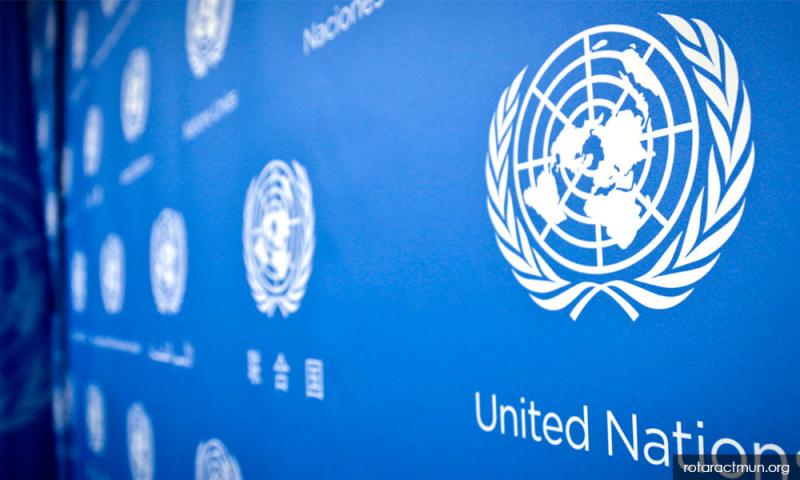COMMENT | UN leadership necessary for fairer tax cooperation
COMMENT | Illicit financial flows (IFFs) hurt all countries, both developed and developing. But poor countries suffer relatively more, accounting for nearly half the loss of world tax revenue.
IFFs refer to cross-border movements of money and other financial assets obtained illegally at source, e.g., by corruption, smuggling, tax evasion, etc. This often involves trade mis-invoicing and transnational corporations' (TNCs) transfer pricing via ‘creative’ accounting or book-keeping.
About US$500–600 billion in corporate tax revenue is lost yearly to TNCs shifting profits to low or no-tax ‘havens’. These often involve fictitious ‘paper’ transactions at inflated prices among subsidiaries to ‘move’ profits out of the country where a TNC actually does business and makes profits, to tax havens where they pay much less, often little or no tax.
Low-income economies account for some US$200 billion of such lost revenue, typically involving much higher shares of their national incomes than in advanced economies. This is much more than the US$150 billion or so they receive annually in official development assistance.
About US$7 trillion of private wealth is hidden in tax haven countries, such as Singapore, Panama or Switzerland; about 10 percent of world income may be secretly held offshore in tax havens. US Fortune 500 companies alone held about US$2.6 trillion offshore in 2017.
Various studies in 2016–2017 estimated rich individuals had stashed a staggering US$8.7–36 trillion in tax havens, depriving national authorities of personal income tax of around US$200 billion yearly worldwide. Annually, about US$20–40 billion is used for bribery, while around ...
RM12.50 / month
- Unlimited access to award-winning journalism
- Comment and share your opinions on all our articles
- Gift interesting stories to your friends
- Tax deductable

 Jomo Kwame Sundaram
Jomo Kwame Sundaram